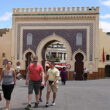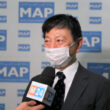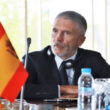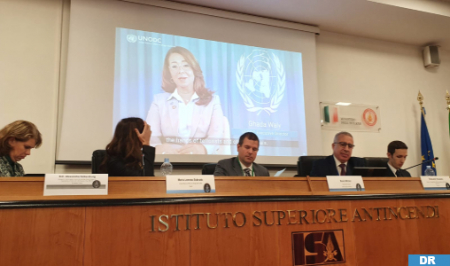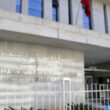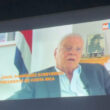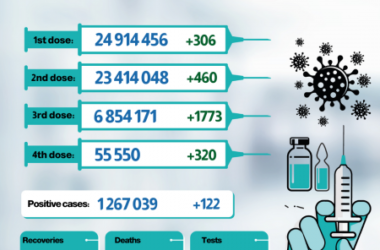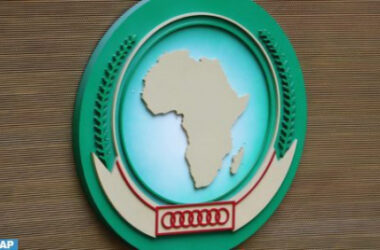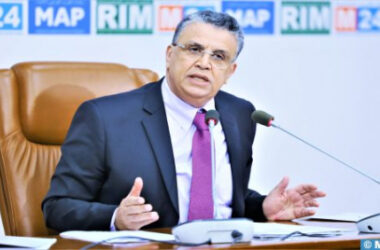Director of the United Nations and international organizations at the Ministry of Foreign Affairs, African Cooperation and Moroccan Expatriates, Redouane Houssaini, recalled that the kingdom, under the High Vision of His Majesty King Mohammed VI, has always worked to combat terrorism within the framework of an effective and active multilateral cooperation, based on its unique experience in this field.
The Moroccan diplomat stressed, in this context, the need to update the analytical grid of the security context of the Mediterranean in the fight against nuclear terrorism, emphasizing the importance of taking into account the interference of foreign powers in the region acting through proxies, as well as the close links between terrorist groups and separatists and networks of organized cross-border crime.
This analytical grid should go beyond the dichotomy between states and non-state actors to better understand the growing links between the two categories of actors in the assessment of risks related to nuclear terrorism.
Houssaini said that, in this context, the dangers posed by the evolution of the modus operandi of these groups accentuate the risk of acts of nuclear terrorism, especially in the Mediterranean, which is of major importance as a strategic corridor for international trade.
The Moroccan official also deplored the geopolitical context of the Mediterranean, marked by the persistence of several “blind spots” of sub-regional cooperation, especially in the Maghreb.


